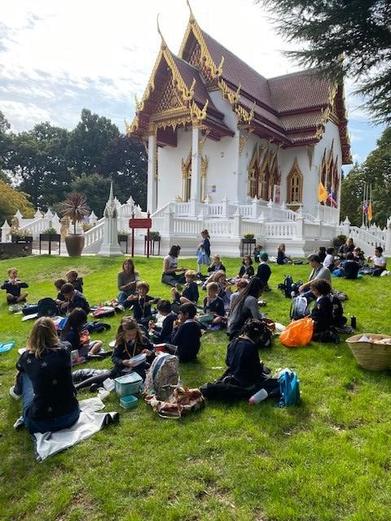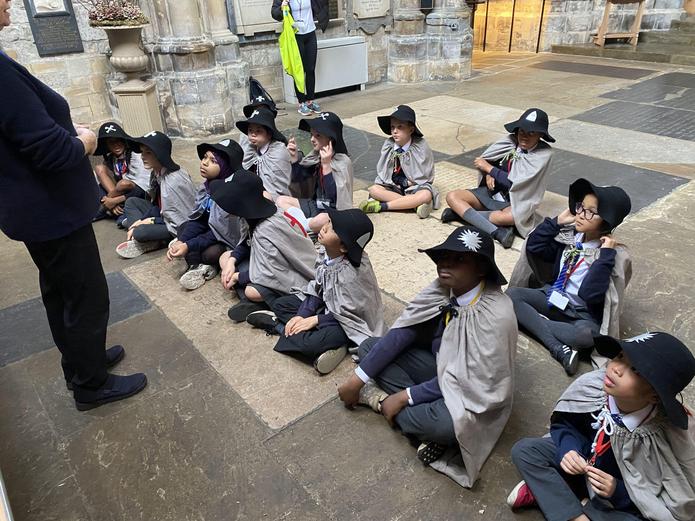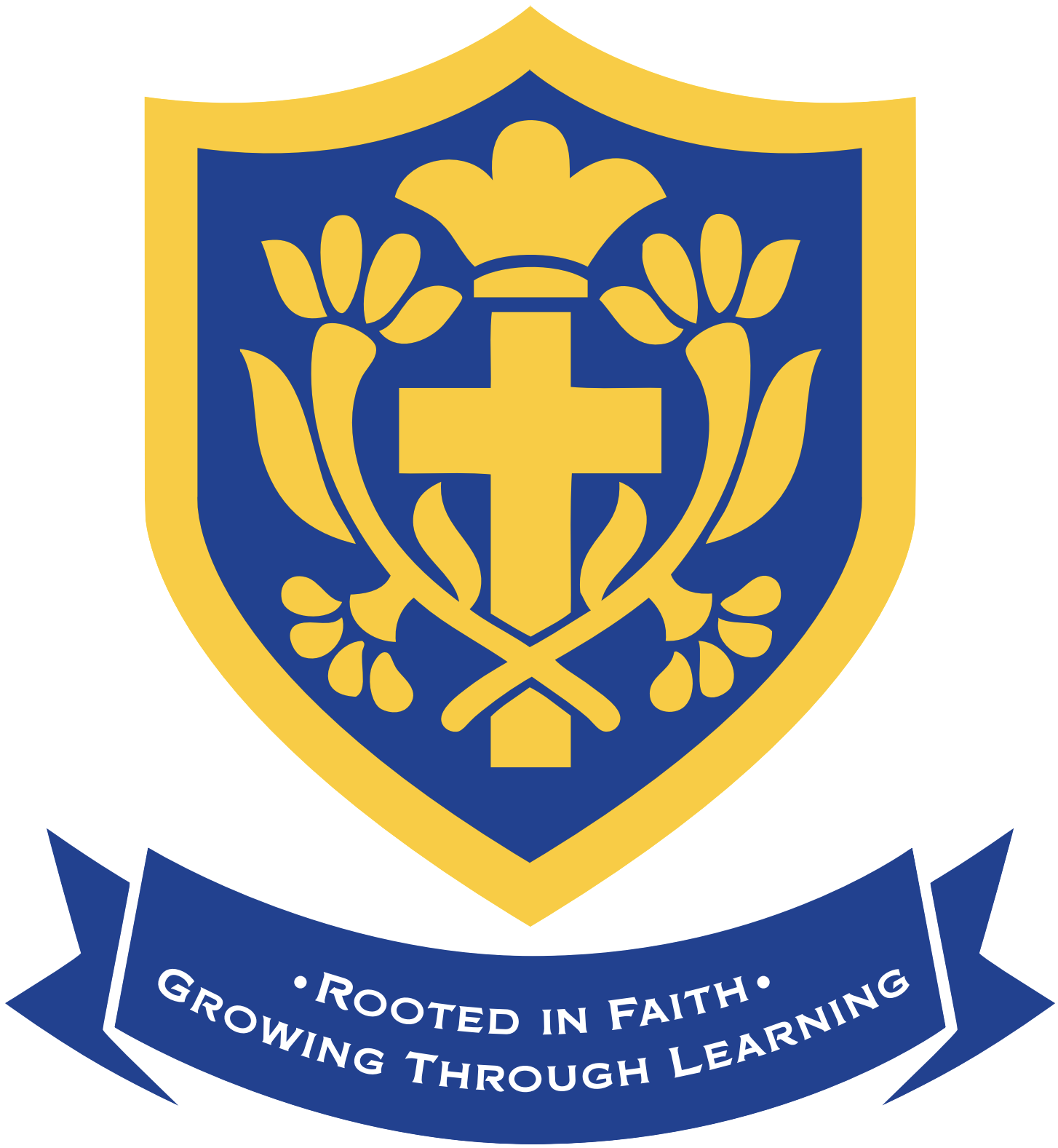RE and Collective Worship
Collective Worship
Worship forms a central part of school life, both in school itself and in church. As a Church of England school, within the Diocese of Southwark, we have very close links with our patronal church, All Saints’ in the Parish of Putney. We regularly use it for festivals such as Harvest, Easter and our Junior Carol Concert at Christmas, as well as celebrating important occasions such as All Saints’ Day and our Y6 Leavers’ Service. Each month parents, governors and other members of the community are invited to join KS2 pupils to celebrate the Eucharist in the church.
Individual classes visit the church where appropriate to their learning and the vicar takes assemblies in school on a regular basis.
We hold an act of collective worship daily, following a range of themes drawn from the church calendar, the school's ethos and the Curriculum. There is an opportunity each day for classes to pray together and we have a Prayer Trees in all classrooms and in our Reflection Area for all members of the school community to use.
In the report from our SIAMs (Statutory Inspection of Anglican and Methodist schools) in January 2019, the inspector judged the impact of Collective Worship to be excellent and noted the “Inspirational and inclusive collective worship which invites pupils and adults to engage and encourages spiritual growth”.
Religious Education
Religious Education (RE) is not just an academic subject, but lies at the very heart of the curriculum and has an important role in reflecting and conveying the distinctively Christian character of the school. The RE curriculum, for the most part, is based on the Southwark Diocesan Syllabus. RE is taught on a weekly basis in every class, and although the majority of our teaching is about the Christian faith, pupils have the opportunity to explore other world faiths, including: Islam, Judaism, Sikhism, Hinduism and Buddhism.
The effectiveness of RE teaching and learning at All Saints’ was judged as excellent during our SIAMs inspection, with the inspector noting that “Through the teaching of RE, pupils develop a spiritual and moral approach to life. A warm, respectful and inclusive atmosphere is created during lessons. There is natural interaction. As a result, pupils are stimulated and receptive, confidently expressing their religious and spiritual views and taking part in critical analysis. Progression is clearly evident through the key stages. Pupils particularly appreciate learning about other faiths. This has nurtured their appreciation and understanding of their increasingly diverse community. Comparative data shows that standards in RE are in line with the high standards in other core subjects”
RE enables pupils to think theologically and explore the great questions of life and death, meaning and purpose; reflect critically on Christian belief; see how Christianity is relevant today and face the challenge of Jesus' teaching in our society today; experience the breadth and variety of the Christian community and become active citizens, serving their neighbour.
In addition to class based learning, the children are given opportunities to visit local places of worship, such as a Hindu temple or the synagogue. We regularly hold a Multi-Faith week when we invite visitors from the different world faiths to come and share with us stories or traditions from their religions.

|

|
In this curriculum area alone, parents have the right to withdraw their children from religious education and/or acts of collective worship. If you wish to exercise this right, you should see the Headteacher.
